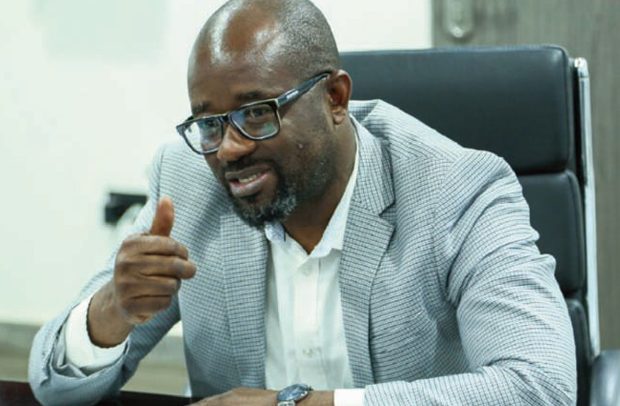Kurt Okraku
Ghana Football Association (GFA) President, Kurt Okraku, has said in plain words that club licensing is critical for establishing unified standards across all African football clubs.
He said this at the inauguration of the CAF Club Licensing Regional Workshop, which began successfully in Accra yesterday.
He emphasised the importance of collective efforts and collaboration for the progress of African football.
And addressing representatives from 15-member associations at the event, Okraku highlighted that club licensing is a key element in the developmental agenda of the continent’s football governing body.
The football boss said, “I am very happy to welcome all of you to this special city called Accra. I count Ghana as a blessed country to be given this opportunity to host all of you on behalf of the Confederation of African Football (CAF).”
“I know our President, Dr. Patrice Motsepe (CAF President) is watching us closely because club licensing is a key part of the many things on his heart.
“He has said on many platforms that Africa must develop football and CAF must deliver football in the best possible way,” Okraku said in his opening remarks.
“And for us at CAF to deliver football, we have to go through these moments. Club licensing has become a key part of our developmental agenda.”
He added, “It’s the reason why I am very happy to be part of this special occasion which marks a major milestone in this long developmental journey led by Mohammed Sidat (the Head of Professional Football for CAF) and his team.
“Hosting this workshop in Accra underscores our collective commitment to advancing football in Africa. Your presence here today signifies the importance of this mission and our shared vision for the future of African football.
“Club licensing is critical for establishing unified standards across all African football clubs. This ensures that clubs meet necessary criteria in areas such as infrastructure, financial stability, and player development.
“Licensing drives professionalism and improves the quality of administration, coaching, and overall club management. It is indeed the cornerstone for creating a sustainable and competitive football environment.”
By Kofi Owusu Aduonum


